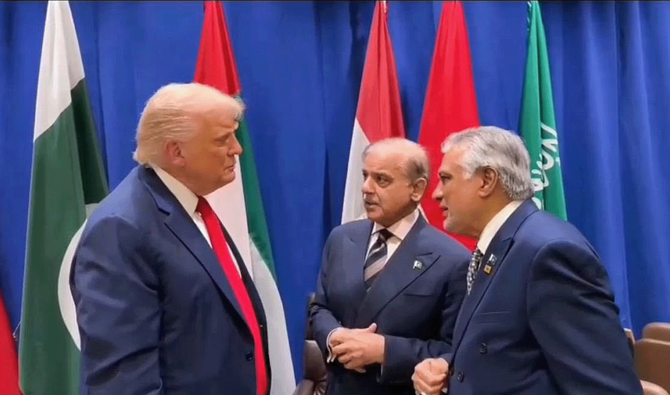Former U.S. President Donald Trump is set to host Pakistani Prime Minister Shehbaz Sharif at the White House, with the country’s powerful army chief, General Asim Munir, accompanying him. The high-profile visit marks a sharp shift in Trump’s approach to Pakistan, after previously cutting off military aid and attempting to isolate Islamabad during his first term.
This will be the first visit by a Pakistani prime minister to the White House since 2019, when Imran Khan met Trump. For General Munir, it will be his second White House appearance in just a few months—he was hosted for a private lunch by Trump in June, an unprecedented gesture for a Pakistani army chief.
Key Issues on the Agenda
Four main issues are expected to dominate talks:
- U.S. Investments and Debt Relief – Pakistan continues to rely on IMF bailouts, where the U.S. holds major influence. Trump has already signed a mineral exploration deal with Islamabad, covering oil and gas reserves.
- Security Cooperation – Pakistan recently signed a mutual defense pact with Saudi Arabia, catching Washington off guard. Islamabad is also expected to seek U.S. military aid and weapons.
- Trump’s Business Interests – Trump’s family firm has entered a crypto deal with Pakistan, which has since established a national Bitcoin reserve. This is expected to feature in discussions.
- Regional Issues – Trump has been pressing for access to Afghanistan’s Bagram air base, a demand rejected by the Taliban. With Pakistan’s strained ties with the Taliban, Trump may seek common ground with Sharif and Munir.
Symbolism and Optics
Beyond policy, the meeting carries major symbolic weight. Until recently, U.S.-Pakistan relations were largely frozen. Under President Biden, Islamabad received little attention as Washington shifted focus toward India. Trump’s outreach now signals a revival of ties.
For Sharif, the optics are crucial. He has been on a diplomatic spree in New York, meeting leaders from Bangladesh, Sri Lanka, Kuwait, Austria, the IMF, and the World Bank, aiming to project Pakistan as engaged and not isolated.
Pakistan has also positioned itself as a vocal defender of Muslim nations, particularly on Gaza, and strengthened ties with Saudi Arabia through last week’s defense pact.
Implications for India
India will be watching developments closely. Even without a formal military or security announcement, closer U.S.-Pakistan ties could worry New Delhi, which sees Washington as a key strategic partner but also views Islamabad as its primary rival.





